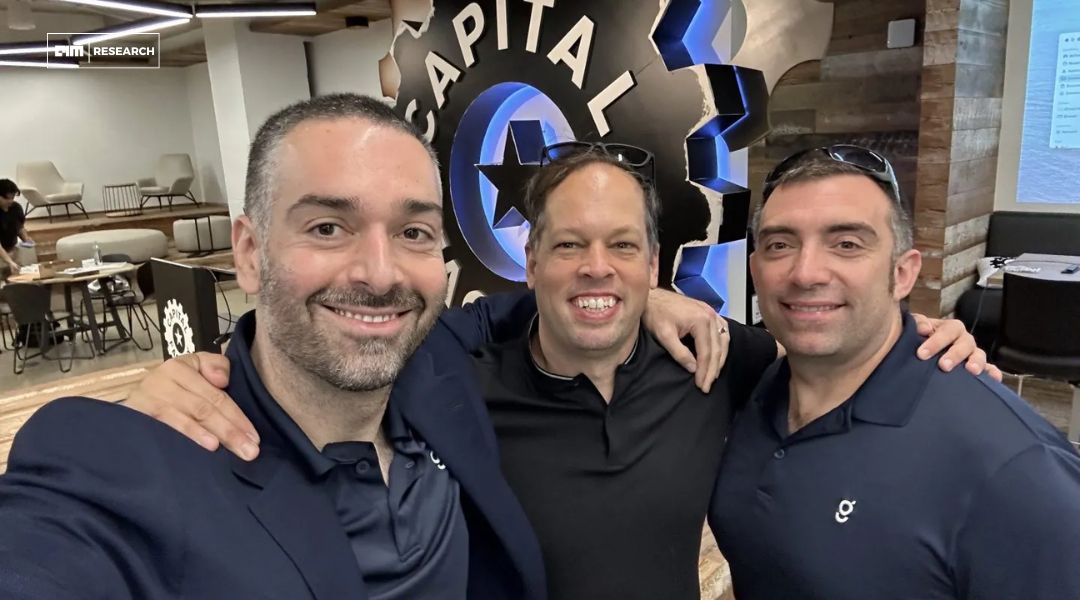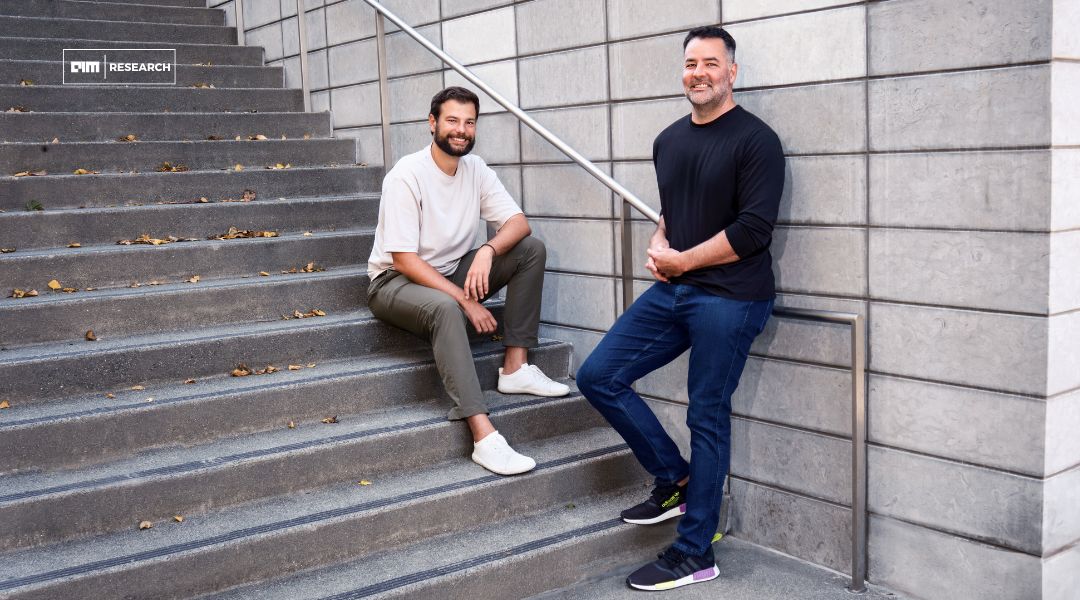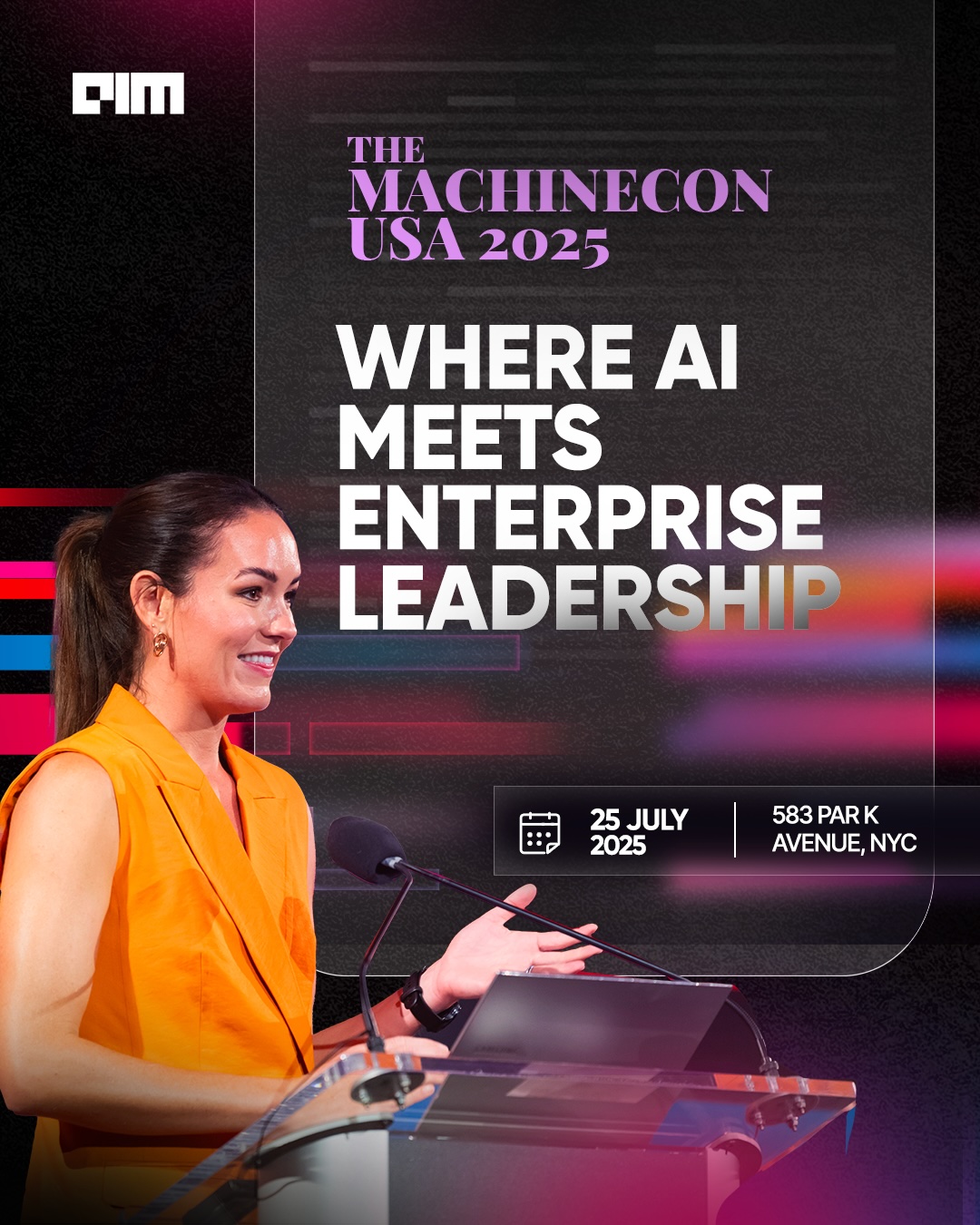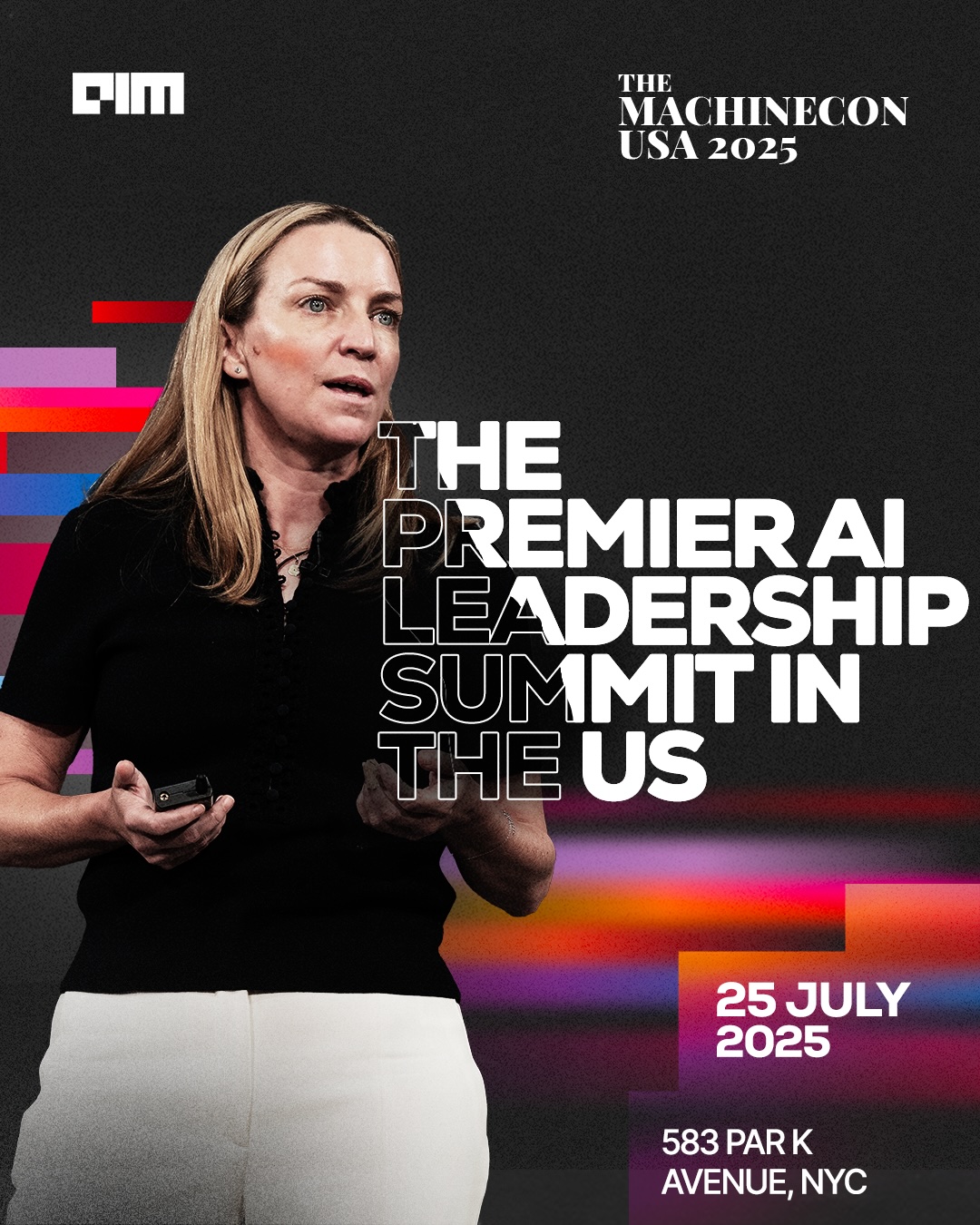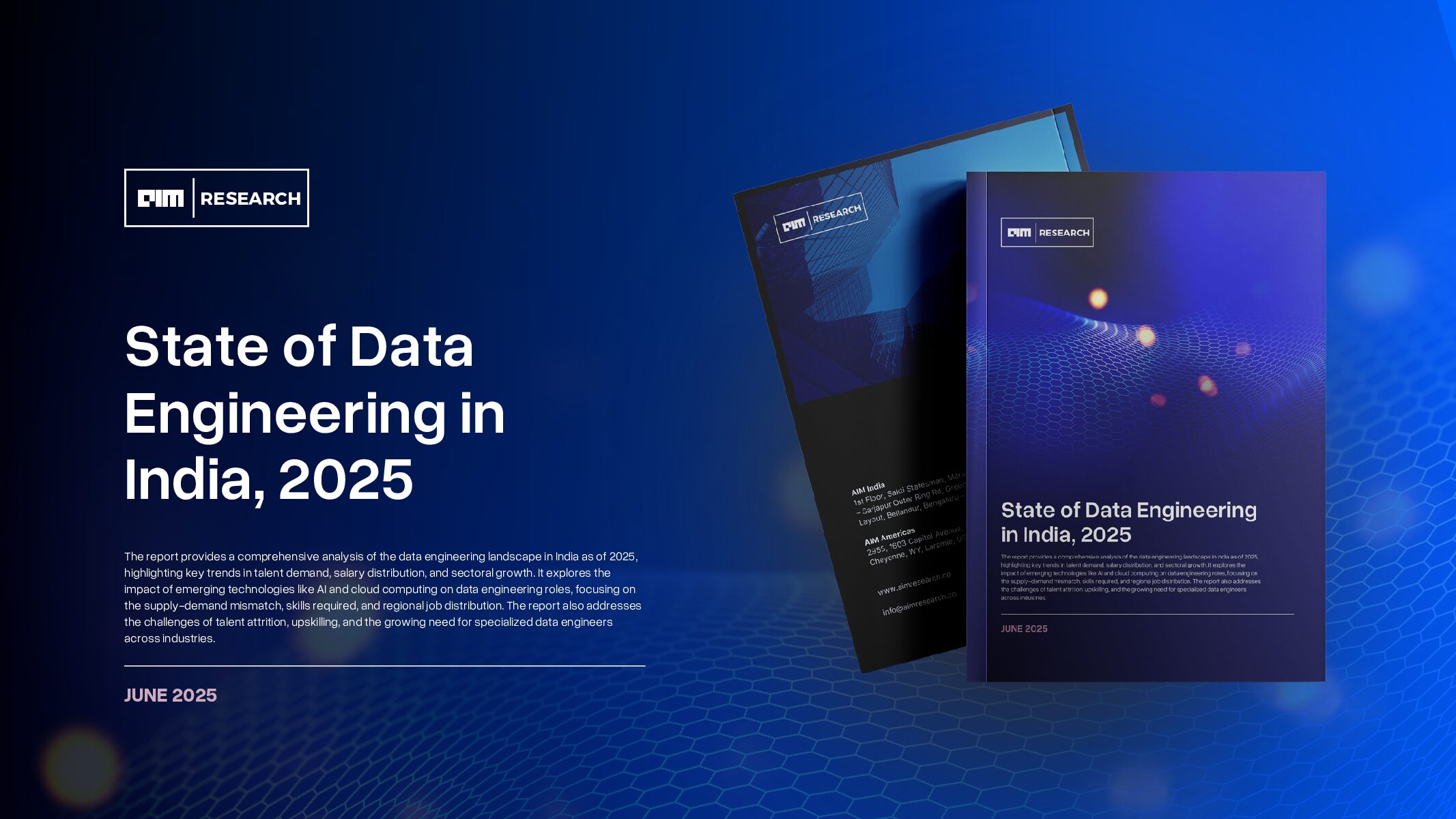A significant finding in the 2024 Imperva Threat Research report reveals that approximately half of all internet traffic originates from non-human sources. Specifically, malicious bots now account for almost a third of total traffic. These bad bots have evolved to become more sophisticated and elusive, effectively imitating human actions, which complicates their detection and prevention.
The rise of AI, automation, and digitally native interactions has upended the simplicity of identity proof. Now, proving identity isn’t just a formality it’s a foundational challenge. Who is behind this transaction, this message, this login? Is it a person, a bot, an AI agent? And most importantly: can they be trusted?
This is the question Persona, a San Francisco-based identity infrastructure startup, is answering with growing urgency. Fresh off a $200 million Series D led by Founders Fund and Ribbit Capital, Persona isn’t just scaling, it’s alos setting the stage for the next era of identity. One that’s more adaptive, privacy-conscious, and essential than ever.
Co-founder and CEO Rick Song founded the company in 2018 after noticing a fundamental problem in the identity verification space that is traditional methods like manual verification often left personally identifiable information vulnerable to identity theft and fraud.
He and his co-founder Charles Yeh made it their mission to provide real-time verification and protection.
Identity used to be something people checked once and forgot, but with AI rapidly becoming an active participant in human lives, applying for jobs, making purchases, accessing platforms, everything needs an identity proof and that’s when the founders decided that the world needs a new model. One that understands context, preserves privacy, and can verify not just who someone is, but whether they should be doing what they’re doing.
Persona has processed over 300 million verifications in the past year alone, supporting use cases as varied as authenticating college students for online exams, verifying fans at football stadiums, and protecting developers accessing foundation models like GPT-4. Its customer list spans LinkedIn, Block, OpenAI, airlines, cities, universities, which is a reflection of how deeply identity is embedded in every digital interaction.
The AI Tipping Point
In 2024, bots officially outpaced humans in web traffic. That milestone, once theoretical, became a warning signal. AI agents are now capable of solving CAPTCHAs, mimicking human voices, and passing job interviews. The boundary between user and machine is no longer visible to the naked eye.
And that’s the point, identity is no longer about stopping a fake profile or blocking a scam. It’s about designing an infrastructure that can verify and manage intent, consent, and control at scale, across borders, and without breaking user trust.
Persona’s platform approaches this with a layered, privacy-first design. Users can verify once and reuse that identity across platforms, like tapping a credit card. Organizations get modular tools to build verification flows that meet regional regulations from GDPR in Europe to KYC in Asia without reinventing the wheel every time a law changes or a risk model evolves.
And all of it is designed to be developer-friendly and human-centered. “The goal,” says Song, “is not to add friction, but to make trust invisible. To make it feel natural like something that just works.”
Privacy Is A Product
Persona’s approach stands in contrast to legacy identity systems that often treat user data as something to be hoarded, rather than protected. In a world where breaches and surveillance are all too common, Persona sees privacy as its core differentiator.
Consumers on its platform control how their data is stored, shared, and reused. There’s no need to re-upload a passport photo or type out a Social Security number again and again. Verified information becomes portable, encrypted, and governed by user consent.
Its better and safer for both users and businesses. According to Song, the more data people collect, the more they have to protect. “Our model reduces surface area while improving security. It’s better for compliance, better for UX, and ultimately, better for trust,” said Song
A Networked Future for Identity
Beyond technology, Persona sees identity as something that must be co-created across ecosystems. Its next act includes building cooperative frameworks where verified organizations can share threat signals not PII to collectively detect fraud, stop deepfakes, and reduce the burden of constant verification across apps and services.
As Song continued, “ Whether it’s verifying the human behind an AI agent, stopping a deepfake job interview, or enabling a user to access the right service with a tap, we’re here to help organizations adapt without adding complexity for the people they serve.”
With $200 million in fresh funding and a mission that’s never felt more relevant, Ribbit Capital Partner Nick Shalek said, “Identity has become the foundation of every digital interaction, and in the age of AI, we believe solving identity will be more pivotal than ever.”







